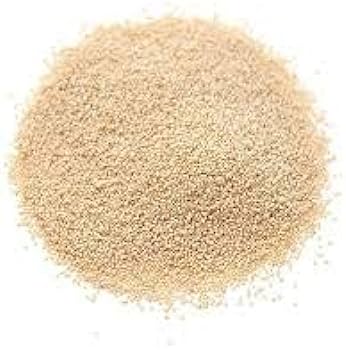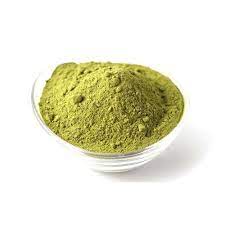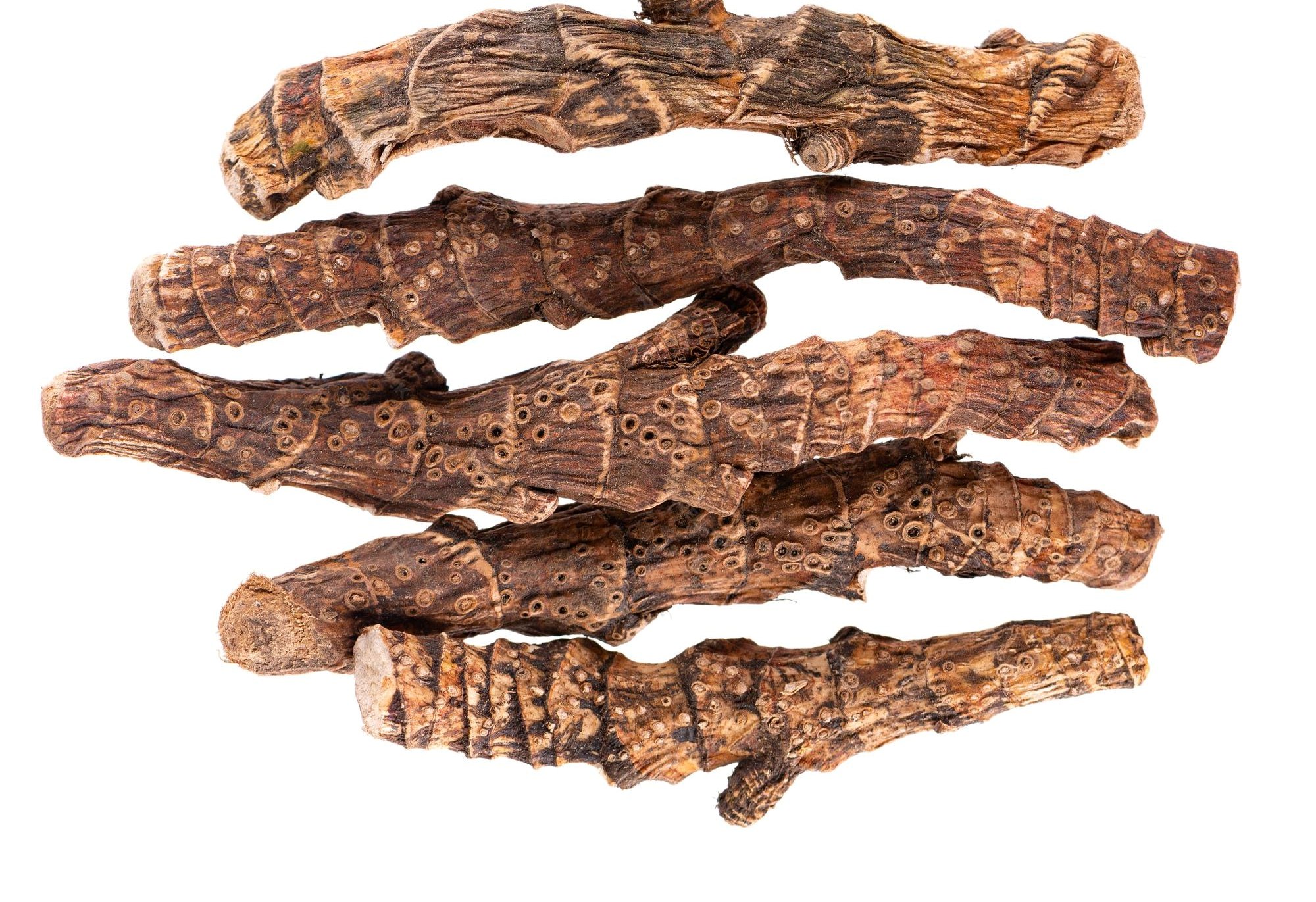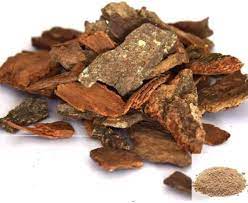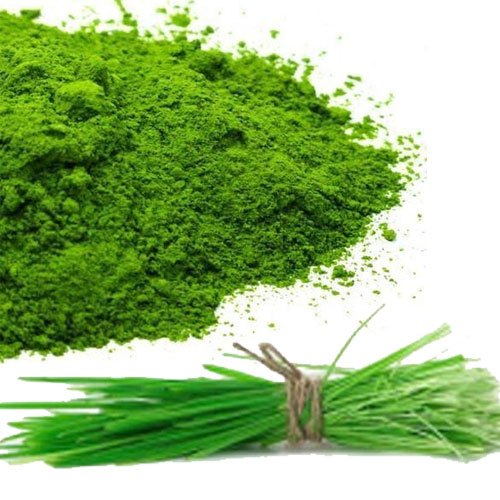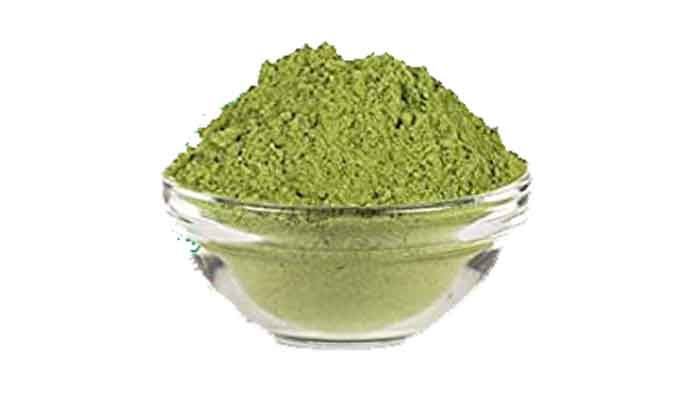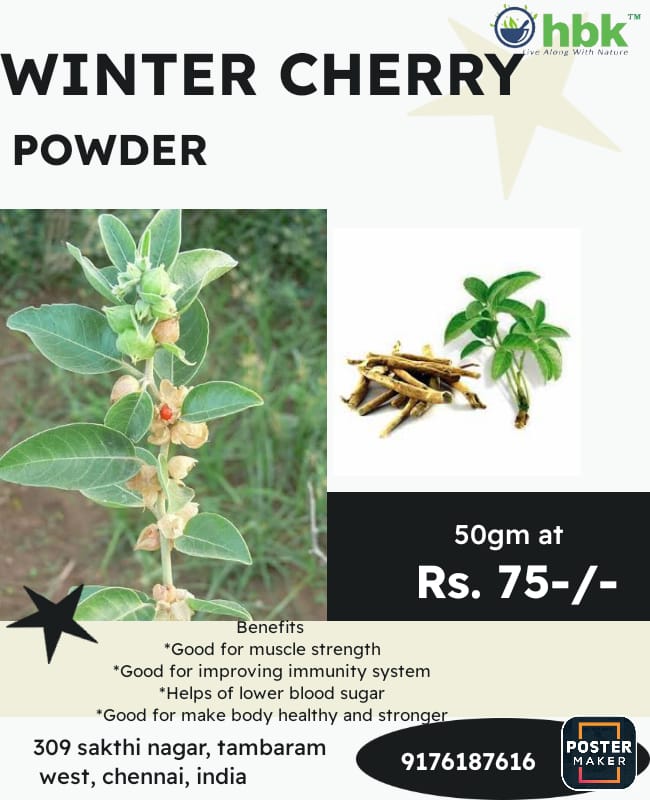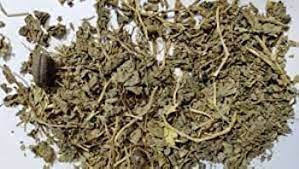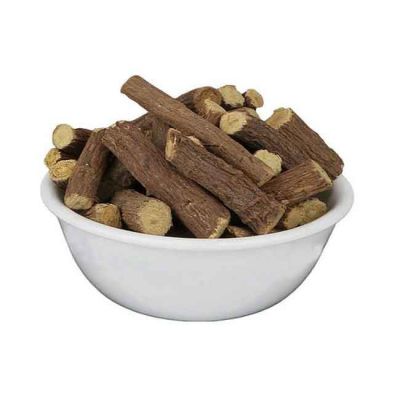Poppy seeds, derived from the opium poppy plant (Papaver somniferum), have been valued for centuries not only for their culinary uses but also for their medicinal properties. While the seeds themselves do not contain the narcotic properties associated with the opium plant, they are still rich in beneficial compounds. Poppy seed powder, made by finely grinding these seeds, has played a significant role in traditional medicine systems across various cultures. Let’s explore how this natural remedy has been used over time and its potential health benefits today.
Poppy Seed Powder in Ayurvedic Medicine
In the ancient Indian system of Ayurveda, poppy seeds (referred to as "Khaskhas") have been praised for their cooling and soothing properties. Ayurvedic practitioners use poppy seed powder to balance the body’s doshas, particularly to calm excess Pitta (heat) and Vata (air), which are associated with conditions like anxiety, insomnia, and digestive issues.
Some traditional uses in Ayurveda include:
-
Sleep Aid: Poppy seed powder is often used to treat sleep disturbances. Its mild sedative properties are believed to promote restful sleep and ease conditions like insomnia. Traditionally, warm milk mixed with poppy seed powder is consumed before bedtime to calm the mind and induce sleep.
-
Pain Relief: Known for its analgesic properties, poppy seed powder has been used to alleviate pain, including headaches, joint pain, and muscular discomfort. It’s often applied as a paste or mixed with other herbs and oils to create a natural pain-relieving ointment.
-
Digestive Health: In Ayurveda, poppy seed powder is used to support digestion and treat conditions like diarrhea and indigestion. Its high fiber content can help regulate bowel movements and promote gut health.
Poppy Seed Powder in Traditional Chinese Medicine (TCM)
While poppy seeds have a less prominent role in Traditional Chinese Medicine (TCM), they have still been utilized for their health-promoting properties. In TCM, poppy seeds are considered to have neutral energy, meaning they can be used for a variety of conditions without upsetting the balance of yin and yang.
-
Digestive Aid: Poppy seed powder is occasionally used in TCM to treat chronic diarrhea and digestive disorders. It is believed to help regulate bowel movements and improve overall gut health.
-
Energy Boost: Poppy seed powder is thought to nourish the body's energy, making it a valuable supplement for those experiencing fatigue or weakness. Its rich nutritional profile, including healthy fats and proteins, makes it ideal for boosting vitality.
Poppy Seed Powder in Middle Eastern and European Folk Medicine
In many parts of the Middle East and Europe, poppy seeds have long been used for both culinary and medicinal purposes. The seeds and their powder have been part of folk remedies for centuries, particularly for calming the nervous system and treating pain.
-
Natural Sedative: In European folk medicine, poppy seed powder was commonly used to calm anxiety and promote relaxation. Given the plant’s connection to opium, its soothing properties were utilized to help with mild sedative effects, though the seeds themselves do not contain opiates.
-
Respiratory Support: In Middle Eastern medicine, poppy seed powder has been used to alleviate respiratory conditions such as asthma, bronchitis, and coughs. It is believed to soothe the lungs and provide relief from irritation and inflammation.
Medicinal Properties of Poppy Seed Powder
The various traditional uses of poppy seed powder stem from its rich composition of beneficial nutrients and compounds, including:
-
Healthy Fats: Poppy seeds are rich in omega-3 and omega-6 fatty acids, which are important for heart health and overall wellness.
-
Minerals: Poppy seed powder is an excellent source of calcium, magnesium, and zinc, making it valuable for bone health, immune support, and nerve function.
-
Alkaloids: While poppy seeds themselves contain minimal levels of opium alkaloids, they still have mild analgesic properties, making them useful for pain relief and calming the nervous system.
-
Antioxidants: Poppy seed powder contains antioxidants that help neutralize free radicals in the body, reducing inflammation and supporting overall health.
Modern Applications of Poppy Seed Powder
Today, poppy seed powder continues to be used as a natural remedy in both traditional and modern herbal practices. While many of its uses have been validated by modern research, it’s important to source poppy seed powder responsibly to avoid contamination with opium residue.
Some common modern uses include:
-
Sleep and Relaxation: Poppy seed powder remains a popular natural remedy for promoting relaxation and improving sleep quality. It’s often consumed in teas or mixed with honey and warm milk for a calming bedtime drink.
-
Pain Management: As a mild analgesic, poppy seed powder is sometimes used to help with minor aches and pains, particularly when applied topically in homemade balms or salves.
-
Digestive Health: Poppy seed powder’s high fiber content makes it a useful supplement for promoting digestive regularity and preventing constipation.
Conclusion
Poppy seed powder has a long and rich history in traditional medicine, from Ayurveda to European folk remedies. Its calming, pain-relieving, and digestive benefits have made it a valued natural remedy for centuries. As we rediscover ancient healing practices, poppy seed powder stands out as a versatile and effective natural treatment that continues to be used for a variety of health concerns today.
Whether you’re looking to improve sleep, manage pain, or support your digestive system, poppy seed powder offers a natural, time-tested option to enhance your wellness journey.
Click here to buy poppy seed powder in hbkonline store.
Click here to buy poppy seed powder in hbkonline store.


